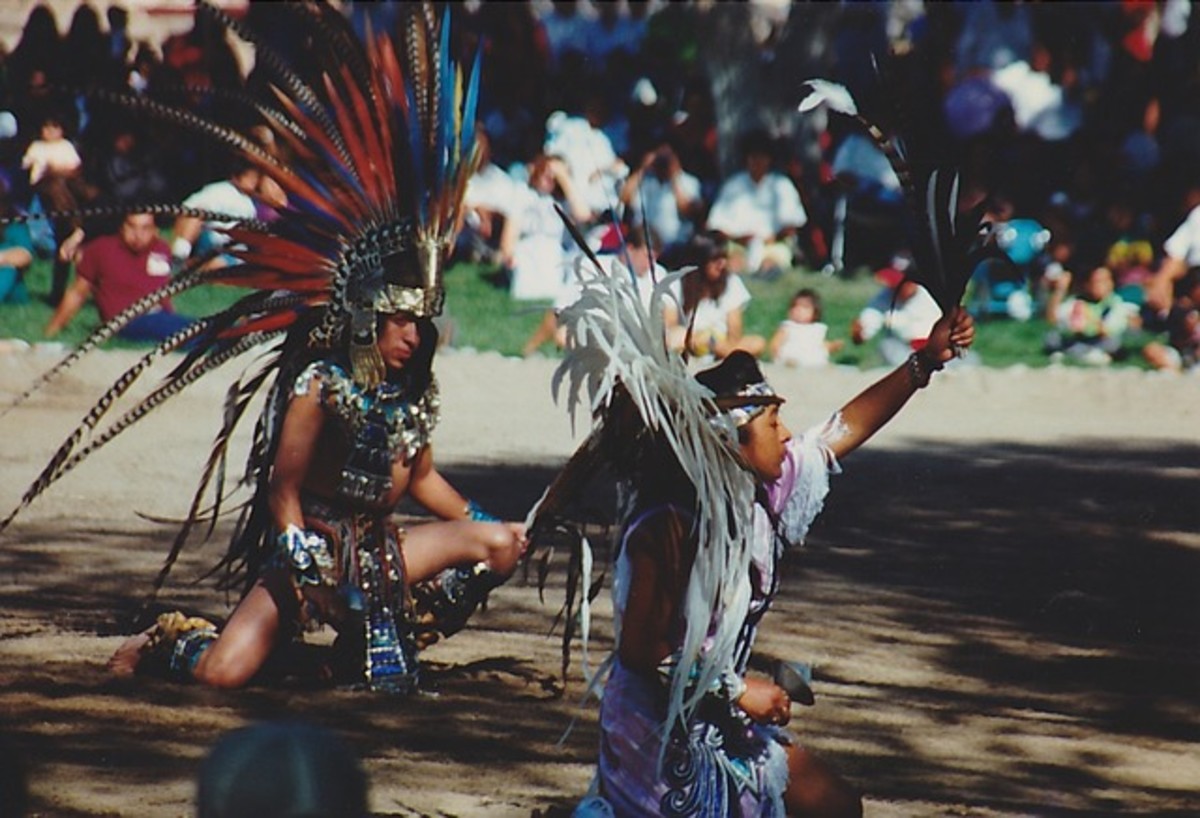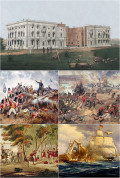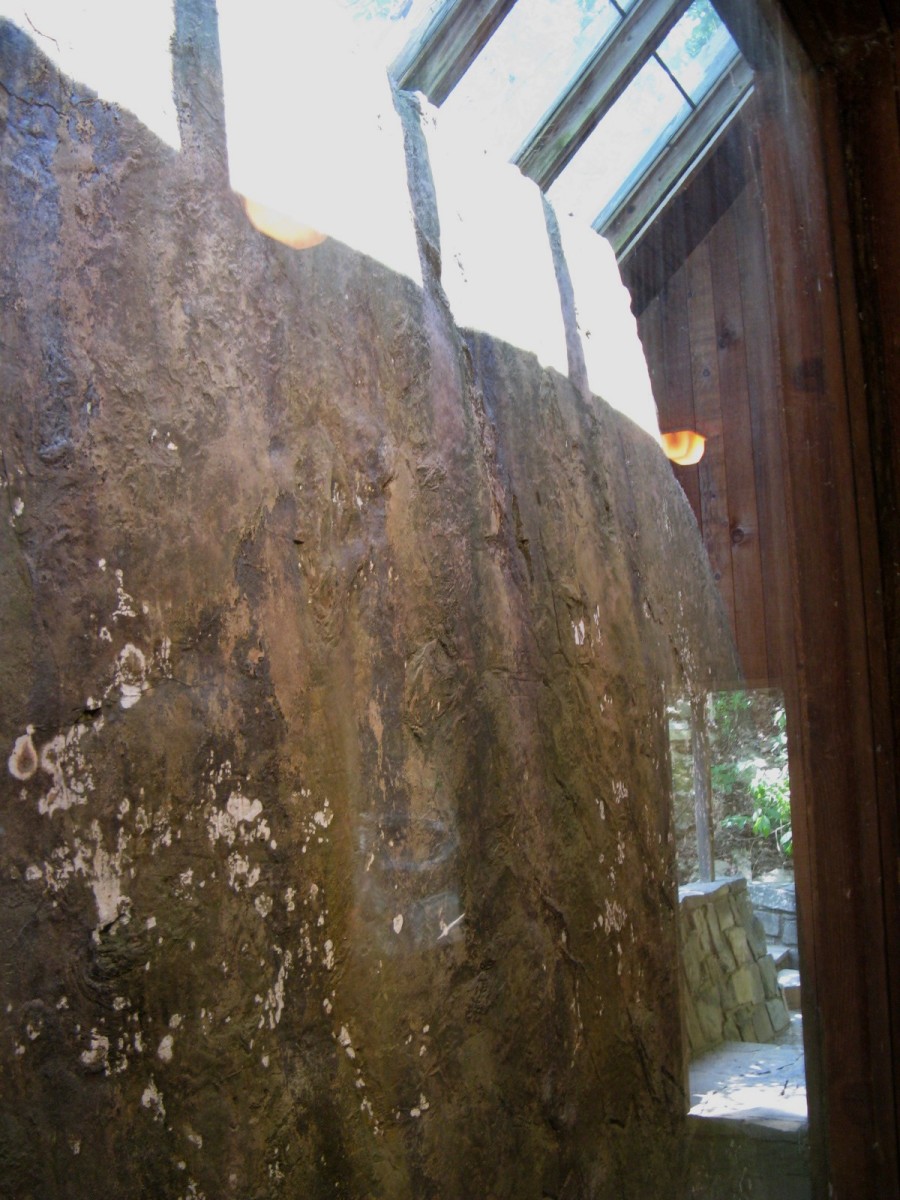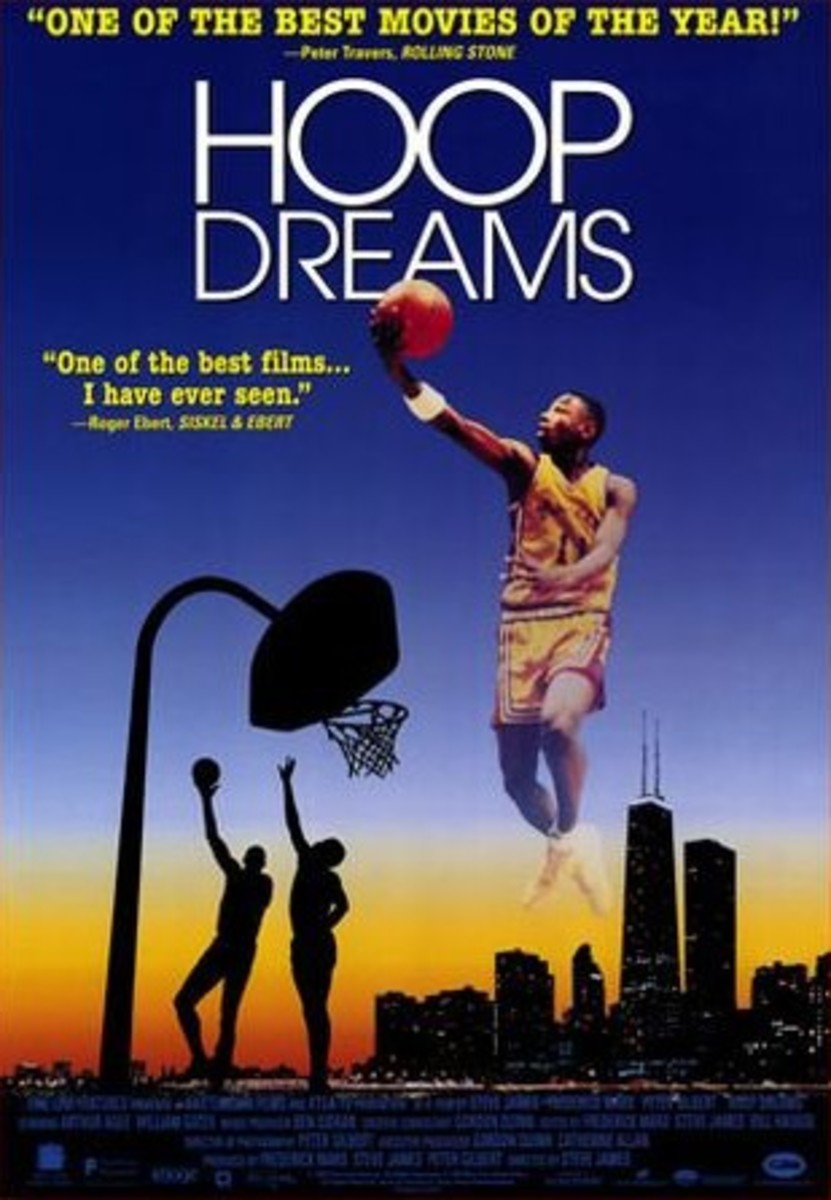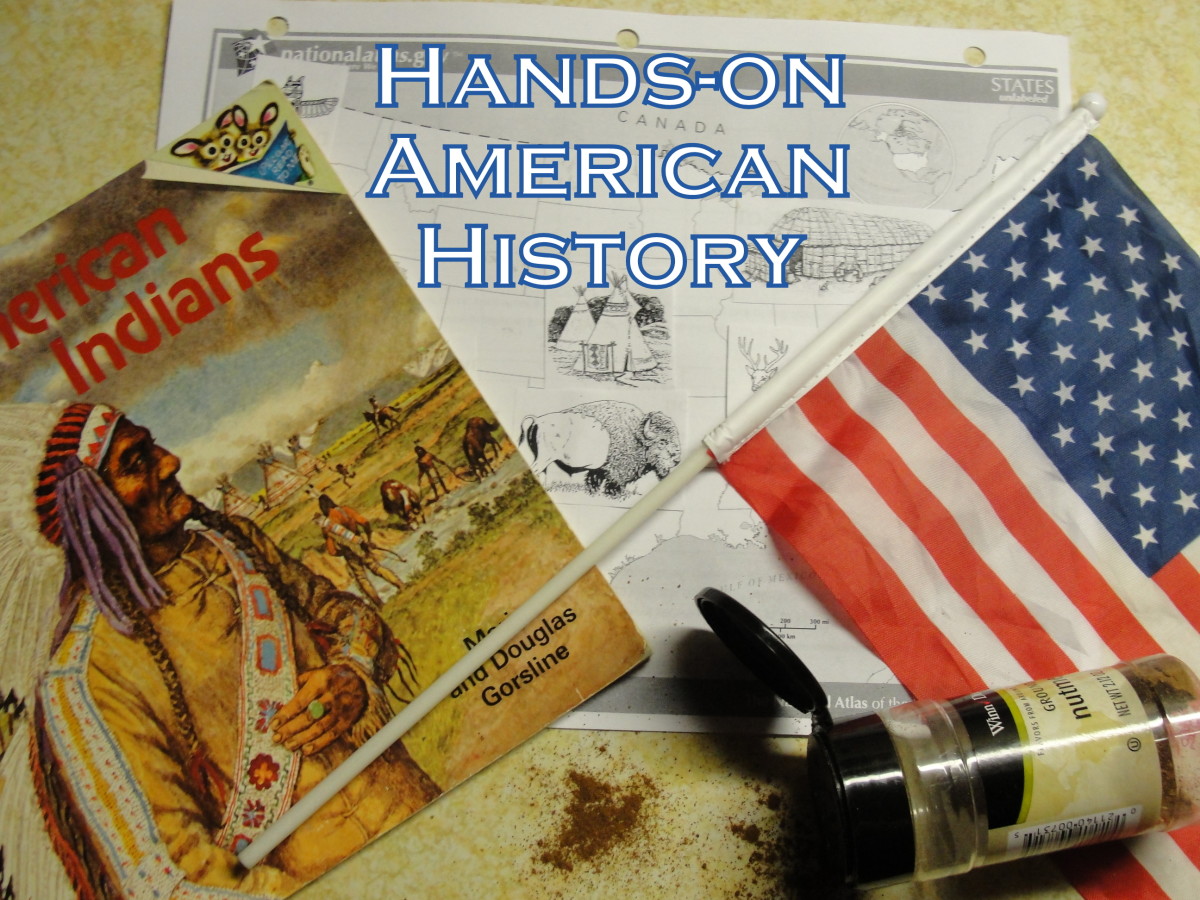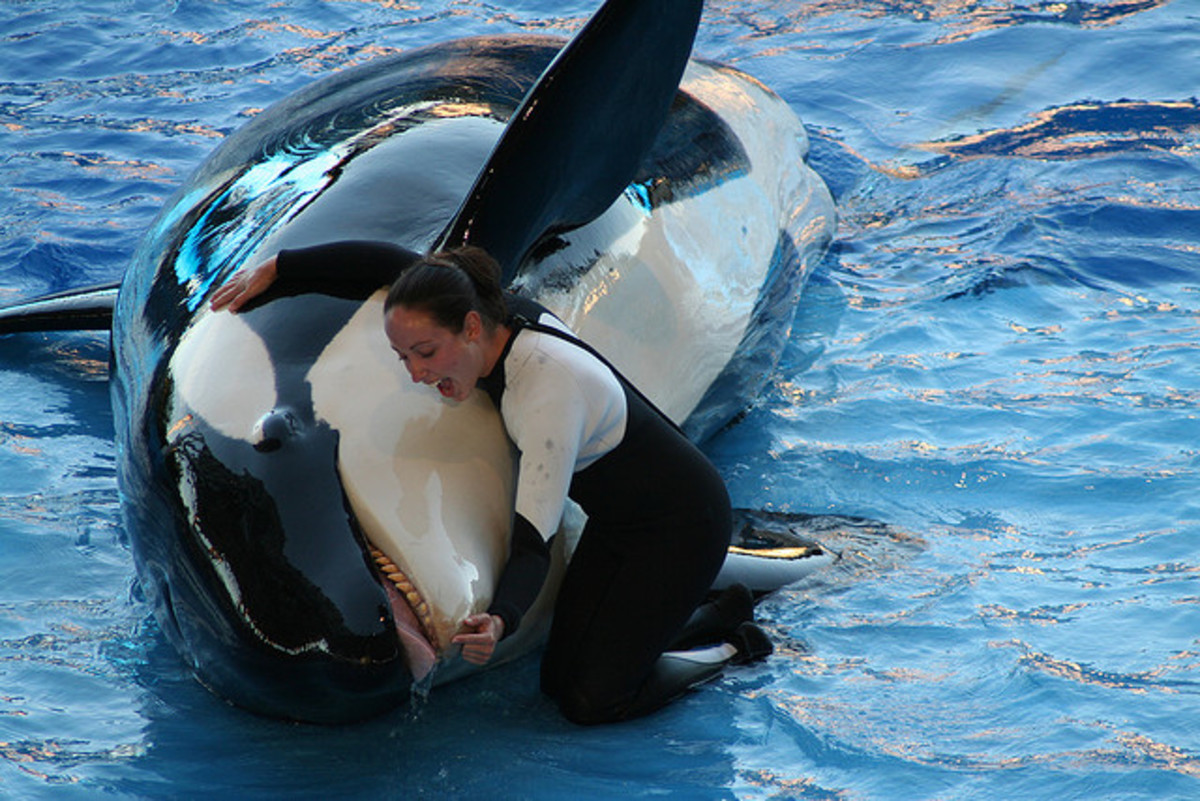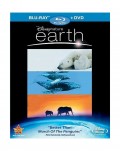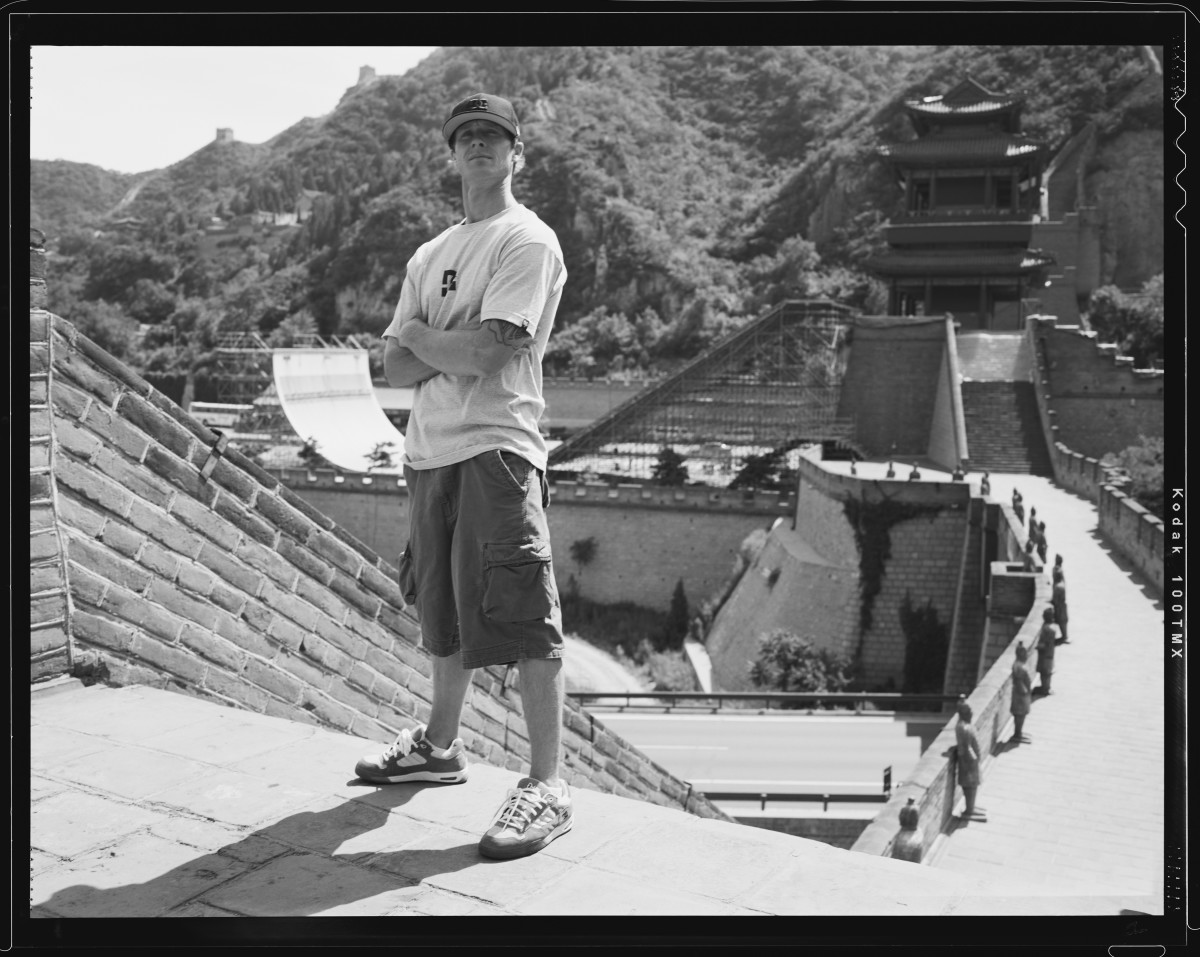American History: Must Have Documentaries - America: The Story of Us
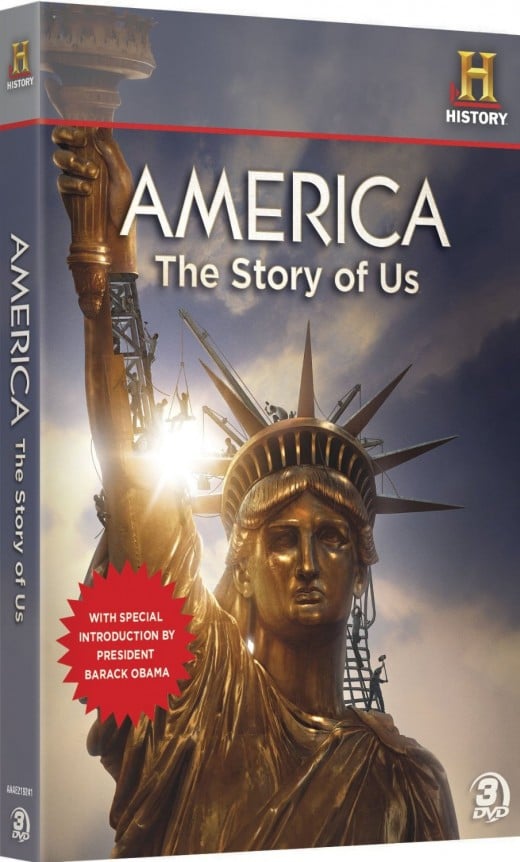
America: The Story of Us (also known as America: The Story of the U.S.) 12-part miniseries brings history to life through Pilgrims, Native Americans, slaves, immigrants, inventors, and entrepreneurs. Firstly premiered on History channel, this documentary drama portrays more than 400 years of American history, recreating historical events by using actors and special effects. This series is a heartbreaking journey from the first settlement of a small group of English travelers in Jamestown to the rise of Silicon Valley and technological innovations that shaped out not only the US but the whole world.
This documentary series also received negative comments from some viewers and from critics mainly because of the reason it doesn't give a detailed picture of history. Yes, we have to admit this film series doesn't hit every important event and some historical turning points are missed. But for the series of this length, it's impossible to mention every important battle. The goal of the show is to give a good view of all the important developments that help you to understand how the US became what it is, to understand the concept of freedom built on blood and struggle, the choices people made to survive. It does give a brief overview of history by adding dramatization. A lot is left to interpretation or isn't included at all. But it keeps you interested and most likely you will find yourself researching some facts online after watching an episode.
Unlike many history textbooks, this miniseries focuses not only on the actions of the political leaders, but on the stories of people: Chinese immigrants who built the railroads, construction workers who built New York city, an abolitionist Harriet Tubman who rescued enslaved families and Andrew Carnegie who led the expansion of the steel industry, people who shouldn't be forgotten. The series focuses on the people and events that built the nation. There're many details, less-known events which are often glazed over in textbooks you read in school, that affected the direction of the country. Some people don't know about how the Statue of Liberty or skyscrapers were constructed, for example. These stories aren't like a typical history lesson that everyone hears when being at school, but stories that may have been forgotten.
Also, critics commented on overused effects, the populist perspective of the whole series and a great amount of hyperbole. Its compelling story-telling entertains and the films are excellent viewing. But for what America: The Story of Us was praised is its dark spots that weren't omitted. The series tells us about African slavery, racial division and the genocide of the Native Americans.
American History: America the Story of Us: Trailer | History
Episodes
Episode 1: Rebels
The first European settlers, that have come to America to escape persecution and settlers that have come with hope to make a fortune try survive against all odds. The early colonies and the slaves. Rising tensions with Native Americans and soon with the British...
Episode 2: Revolution
The Declaration of Independence and the American revolution. America's thirteen colonies soon will be free from British colonial power and the new nation, the United States of America will be born.
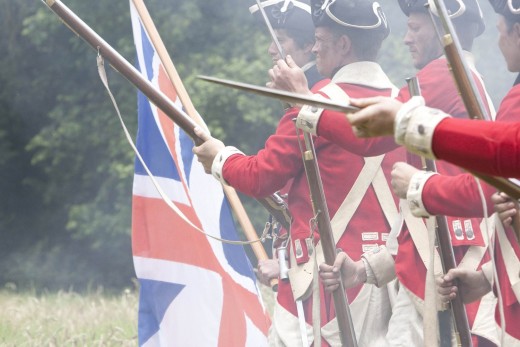
Episode 3: Westward
The new American nation is born. The French and Spanish colonist explorers are spread across the land mass, while millions of Americans are heading to the West, in the hope to claim lands and find prosperity in such a way. The consequences for Native Americans are severe.
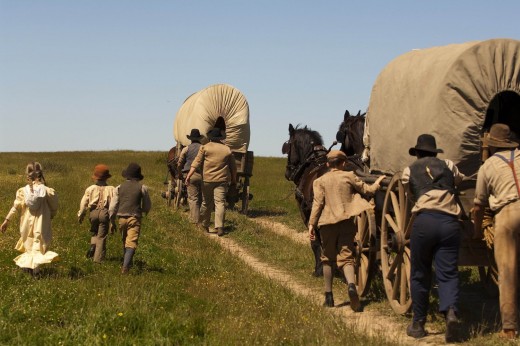
Episode 4: Division
The vast new country experiences new changes in trade, transport and manufacturing and becomes one of the wealthiest countries on earth. But the North and the South are divided because of slavery.
Episode 5: Civil War
The 20th-century technology meet 18th-century tactics and the result is many death people never seen before.
Episode 6: Heartland
The Continental Railroad links the Atlantic and Pacific coasts. Much of it's built by Chinese laborers who immigrate to the US in a hope of better life. But the railroad doesn't only change the lives , but also alters the ecology of the continent. On the vast Plains, farmers build houses of grass, while cowboys have to go thousands of miles trailing their cattle to the railheads. That's when the steel roads and steel wire are invented.
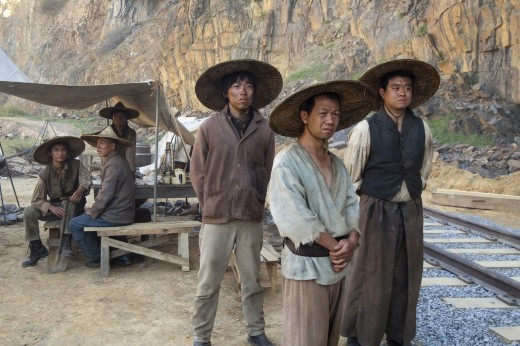
Episode 7: Cities
The Statue of Liberty is the first sight of the New World for millions of new immigrants that arrive in the US. Many of them go to work build the skyscrapers, which is made possible by steel. Steel, electricity, electric light... the city transforms.
Episode 8: Boom
A column of oil explodes out of a derrick and the boom time begins. Henry Ford brings the motorcar to the masses. Cities grow becoming the centers of industry. World War I prompts new job opportunities and African Americans move to northern cities...
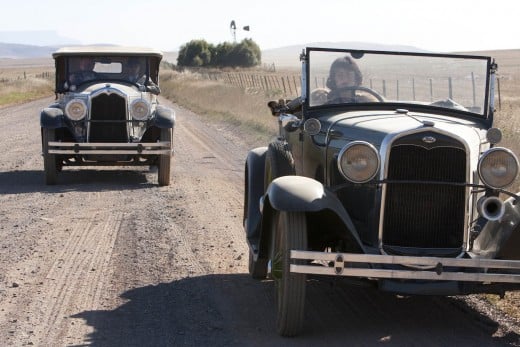
Episode 9: Bust
The crash on Wall Street coincides with the start of the Great Depression. The New Deal and public works projects help save America from despair.
Episode 10: WWII
After the Japanese attack on Pearl Harbor, America turns from an isolationist continent to a global player. America has changed forever, as a nuclear weapon is created...
Episodes 11 & 12: Superpower/Millennium
Post-war America experiencing the tensions of the Cold War, the success of the Civil Rights movement, the war in Vietnam, the Reagan era, the rise of Silicon Valley and the election of President Barack Obama.
This series isn't expected to be a summary of American history, but for people who would like a basic, it's a really fantastic overview of history. So if you aren't a history expert, lacking some knowledge of American history, you will learn a lot. You can watch it with your kids, and probably after watching this series history will be much more interesting for them as a subject! But keep in mind that there are things that may scare some of the younger kids. For example cannibalism and the episodes with slaves. This series can be useful for students as it helps supplement some of the material that is covered during the school year.
It's not about dates and facts, it's about the history that is told in an engaging and entertaining way. If you're a student or just a person who enjoys learning, you will enjoy it.

